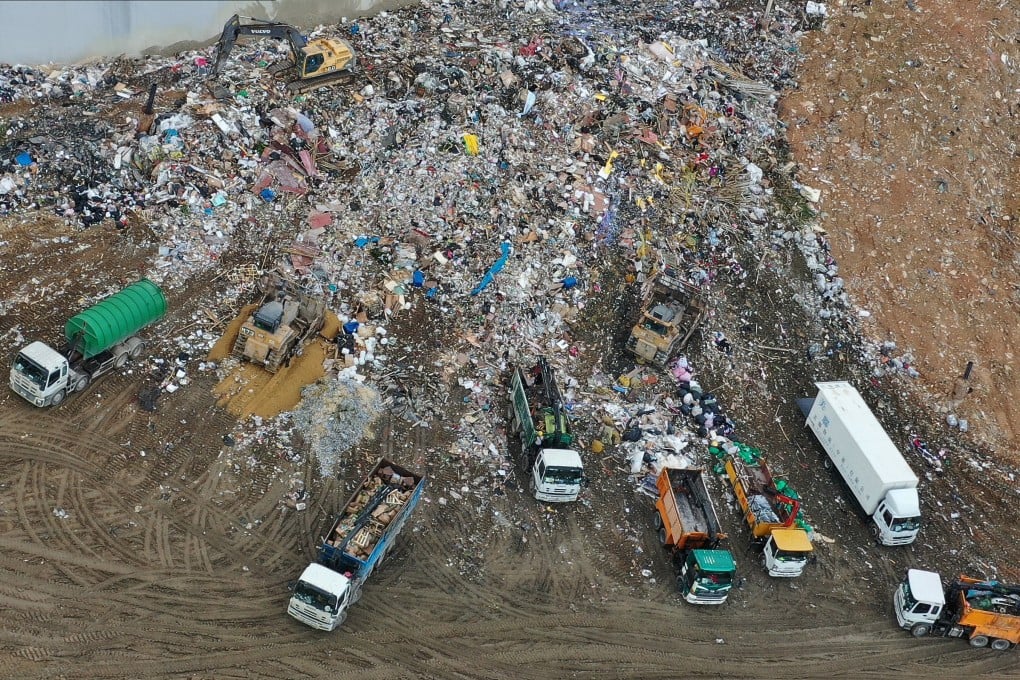Advertisement
Opinion | Hong Kong’s landfills aren’t overflowing, but we still need answers to the waste problem
- Reports of the city’s landfills being close to capacity are overblown, as extensions should be able to accept waste for another decade
- Even so, Hong Kong needs answers on recycling and waste reduction to reach the goal of zero landfills and aid the fight against climate change
Reading Time:3 minutes
Why you can trust SCMP

Has Hong Kong already become a giant landfill? That would be the logical conclusion if reports from the past several years are to be believed.
Numerous local and international news outlets stated in the past that Hong Kong’s three active landfills – located in Nim Wan, Tseung Kwan O and Ta Kwu Ling – would reach full capacity by 2020. Some reports gave even earlier predictions. It seems the further back you go, the earlier the predicted “end” date.
What has happened since then? Have Hong Kong’s refuse collection services started dumping waste on the streets? Have they been secretly disposing of it into the South China Sea? As a landfill engineer, these reports sound off to me.
Advertisement
It is, of course, possible that the concern over our landfills reaching capacity is part of a convoluted scheme to nudge the everyday consumer towards reducing their waste output. It is also possible the government realised how long the approval process for extending our landfills would take and wanted to push things along.
Regardless of why such a misconception – or perhaps misunderstanding – has been floating around for so long, our landfills will not be full any time soon.
Advertisement
An environmental impact assessment has been carried out at the proposed site for NENTX, the extension of the North East New Territories landfill in Ta Kwu Ling. The landfill extension in Tseung Kwan O is already taking construction waste. And the extension for the Nim Wan landfill is in the works, with the landfill expected to reach capacity by 2026.
Advertisement
Select Voice
Choose your listening speed
Get through articles 2x faster
1.25x
250 WPM
Slow
Average
Fast
1.25x
